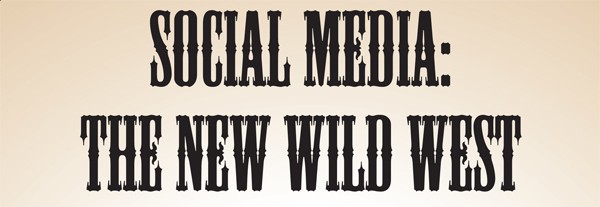
Social media is a major player in communications today. Yes, it allows us to share trivial details about our lives, but it also allows us to share important information—such as Osama Bin Laden’s death last week—incredibly quickly and with impressive reach to others. It’s also a major economic force; Facebook alone has a market valuation of around $70 billion, which is more than the GDP of almost 2/3 of the world’s nations.
However, alongside the positives of connecting with loved ones, spreading news and communicating in a crisis, there’s a major potential for misuse of social media. And this is especially true for companies whose employees use social media regularly. Diane identified five major areas of concern:
- Exposing company secrets: Companies go to a lot of work to keep their confidential information confidential. However, all that work could be for naught if an employee chatters about a development on Facebook, or adds it to his or her resume on LinkedIn.
- Interfering with contracts: Did that tweet just endanger the contract your department is on the verge of signing? Or could the tweet be considered a contractual offer unto itself? Yipes!
- Trademark infringement: You may have a lot of equity and goodwill built up in your brand, logo, corporate identity, etc. Don’t let it be weakened by employees diluting it or misusing it.
- Employment issues: Did you not get hired because of a beer-bong photo on Facebook—or did you rethink hiring someone because of a photo like that?
- Libel and defamation: Employees fired for trashing their bosses on Facebook have been in the news lately; so have employees fired for tweeting something vulgar.
As you can see, there are quite a few pitfalls for social media usage, and you can’t circumvent them simply by refusing to allow your employees to use social media at work. As Diane pointed out, the technology is relatively new, and it’s changing pretty fast, so there’s a sense that it’s as ungoverned as the Wild West.
In many cases, the best defense is preparation, specifically in the form of a comprehensive, clear social media policy that all employees must read. Your policy should also be reviewed when major changes in technology or government come about; what was permissible under one administration’s National Labor Relations Board may not be permissible under new leadership.
What about you? What kind of social media policy/policies does your firm have? Talk about it in the comments!

